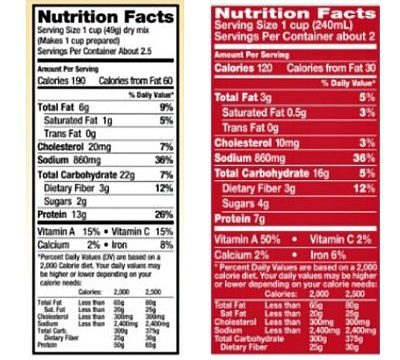There is a range of sodium-related health issues that make the high salt content in freeze-dried meals worthy of close scrutiny at least by the afflicted.
But what do the manufacturers say about themselves? Here are two answers, from reputable makers of freeze dried survival meals: Legacy Food Storage and Mountain House.
The Question
Here is the question that was posed by a Backdoor Survival reader and posed to the two food storage companies:
Do you know why most pre-packaged meals contain so much salt (sodium)?
Legacy Food Storage Weighs in on Sodium Content
“Manufacturers use sodium for two primary purposes: preservation and taste. In order to prolong the shelf life of products, the amount of sodium in foods is typically increased to certain standard levels. Aside from preservation properties, sodium also helps bind ingredients. It enhances the color of the food, improves taste and function as a stabilizer.
During strenuous survival situations (vs. resting), you’ll sweat out more salt, use more calories, need more fat and will need to replenish these. Storage food is designed for these higher stressful times. ”
Mountain House Also Responds
“Our meals are meant to be eaten by active individuals. If you look back on our history, we originally started making Long Range Patrol Rations (LRPs) for military personnel in the Vietnam War. Then shortly after we made a deal with REI to use this same concept, just add water meals, for backpackers. The intent was for military and active hikers who need to replenish sodium and all those nutrients/calories/carbs, etc.
There is naturally a lot of sodium in home comfort foods. If you take our Beef Stew and compare it to a can of Campbell’s Beef Stew, is one significantly better? No, because the meals are what have a lot of sodium. Freeze drying is the most natural form of preservation, so it’s not the process of freeze drying that creates sodium, it’s the food itself.”
There you have it. Preservation, taste, higher sodium requirements because of exertion and the food itself.
I am not sure that addresses everyone's concerns, but it seems that the bulk of the reasons are sound and not part of any conspiracy?
What do you think? Tell us below and if you want to read up more on the subject, please visit Back Door Survival.

